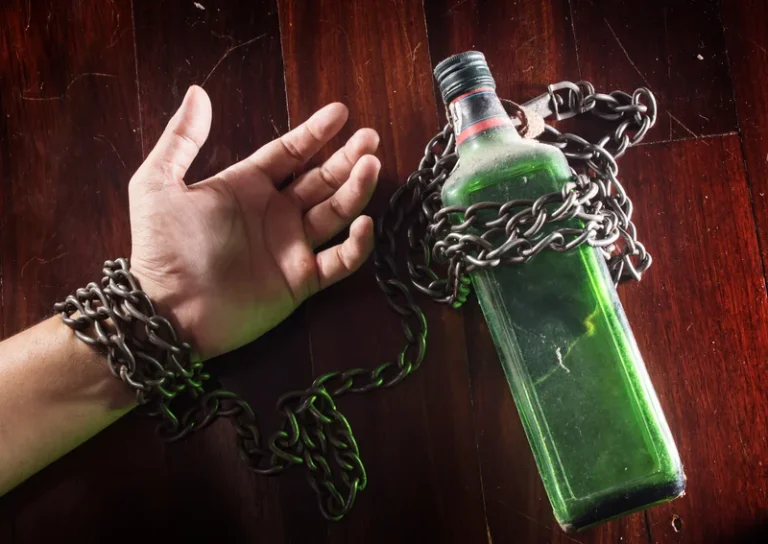Research indicates that power dynamics shape behaviors and interactions, often resulting in unhealthy communication styles. Whatever the reason, admitting powerlessness is to say Halfway house that practicing self-control does not undo the effects of drugs or alcohol on the brain. Accepting this reality is what will equip you to seek treatment rather than deny that there is a problem in the first place.
One day at a time vs Forever
- Usually this is highlighted by continuing addictive behaviors despite (sometimes severe) consequences for your actions.
- This acceptance then enables them to seek help and support from others who have faced similar challenges.
- This recognition is a crucial step in the recovery process, as it allows individuals to seek help, support, and treatment.
- It has been proven to be effective for a range of substances, including alcohol, cannabis, amphetamines, cocaine, heroin, and injecting drug use.
- Alternatively, you can use this entire list as a daily affirmation to support you in your recovery.
This lack of control can lead to a vicious cycle of dependence and further reinforce feelings of powerlessness. Recognizing and admitting powerlessness has several benefits in the recovery process. It allows individuals to relinquish control over their addiction and accept that they cannot manage it alone.
The Need for Drug Addicts Recovery
- It applies both to our inability to abstain from using a substance or engaging in certain behavior as well as limiting its quantity.
- You can’t blame it on powerlessness–that is, the complete inability to control your actions.
- In MI, therapists use empathetic and non-confrontational techniques to help individuals identify and explore their motivations for change.
- However, it’s important to understand that powerlessness in addiction does not equate to weakness; instead, it presents an opportunity for growth and transformation.
Resources like Addiction Worksheets help individuals identify patterns, set goals, and track progress. Replaying past mistakes or dwelling on negative thoughts can feel impossible to control, contributing to depression and anxiety. Even when you know the risks of addiction, cravings can be so overwhelming that they dictate behavior, making logical decision-making impossible.
Depending on Substances to Feel Normal
It’s a stark reminder of what’s at stake and why seeking help is so crucial. At its core, addiction hijacks the brain’s reward system, creating a powerful drive to seek out the substance or behavior that provides temporary relief or pleasure. It’s like having an insatiable itch that you can’t help but scratch, even when you know it’s causing harm. People struggling powerlessness in addiction with addiction often feel deep shame and guilt about their substance use, past behaviors, and failed attempts to quit.
How to Manage Symptoms of PTSD in Recovery
- Let’s face it when we control it, we’re not enjoying it, and when we’re enjoying it, we’re not controlling it.
- With addiction, there are a lot of emotions that come with the territory.
- This acknowledgment serves as the foundation for seeking help and finding strength in surrendering to external support systems.
- It’s like your body is crying out for help, but the addiction drowns out its pleas.
- Many addicts and alcoholics struggle with the second part of the first step.
- Physical punishment, deprivation, social withdrawal, or any other way of punishing yourself increases feelings of despair and hopelessness.
- It is through the paradoxical acceptance of powerlessness that individuals in recovery can find strength, resilience, and ultimately, a more peaceful and fulfilling life (BoardPrep Recovery Center).
The demanding partner may feel frustrated and unheard, while the withdrawing partner may feel overwhelmed and pressured. Over time, this push-and-pull can escalate feelings of resentment and hopelessness, further entrenching both individuals in their respective roles. Experiencing powerlessness can lead to significant emotional and behavioral issues. Understanding these effects is crucial for recognizing the struggles faced by individuals caught in cycles of addiction or other forms of disenfranchisement.



